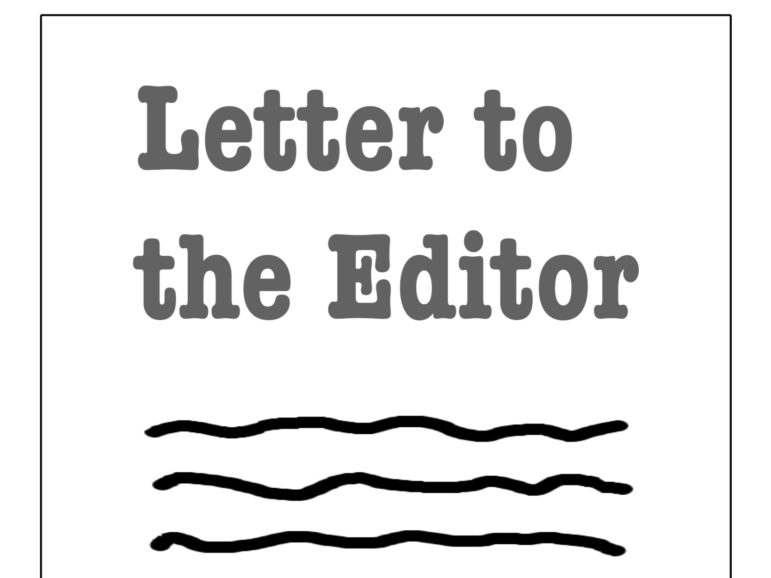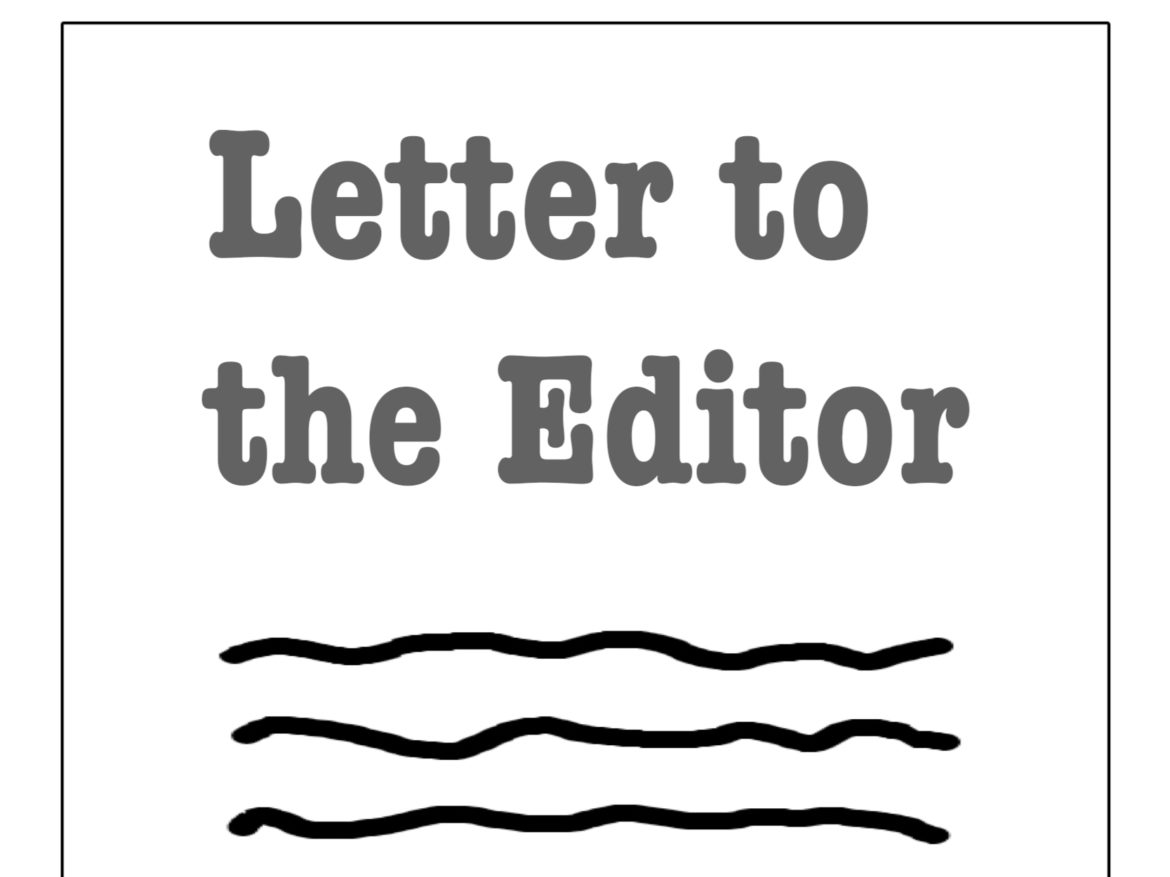
Greetings East Enders and Community-at-Large:
Forty years have come and gone since the Town Election on May 5, 1980 to vote on the ballot question to approve the Council-Manager form of government for the City Known as the Town of Watertown. Should the management of Watertown’s affairs continue as written in the Watertown Home Rule Charter (Charter)? Do we have transparency and accountability to the electorate? Do we need minor or major changes; or none at all?
(See the Charter here : https://ecode360.com/36825791)
According to Article 8, Section 8-1 of the Charter; the Town Council shall provide for a review of the Charter, in every year ending in a zero/ten years. On Tuesday, April 6, 2021 at 6:00 P.M., via remote access, the Charter Review Committee will discuss the pros and cons, and vote on the current Council-Manager, versus Mayor-Council forms of government.
- https://www.watertown-ma.gov/DocumentCenter/View/31657/CRC-April-6-2021-Form-of-Government-Meeting
- https://www.watertown-ma.gov/DocumentCenter/View/31800/2021-04-06-Charter-Review-Comm-Agenda
At a Town Election, held in May, 1979, the nine persons, whose names appear below, were elected to serve as a Charter Commission to “frame a charter” for the Town of Watertown.
Louis P. Andrews, Chairman; Brian A. McDonald, Vice-Chairman; Marilyn M. Petitto Devaney, Clerk; John S. Airasian, Robert H. Ford; Richard E. Mastrangelo; Joseph O’Reilly, Jr.; Pasquale Scalfani and Clyde L. Younger
In 1980, the vote of the Charter Commission was not unanimous in support of the new Charter.
The only consensus was a need to replace the Representative Town Meeting form of government. Two of the nine members, Richard E. Mastrangelo and Joseph O’Reilly, Jr. wrote the minority reports and declined to sign the Final Report.
Mr. Mastrangelo wrote: “The proposed Charter puts the power of government in a full-time appointed executive who will himself appoint most of the vital town officials – in many instances without even requiring ratification of those appointments by the legislative body, the new Town Council.”
Mr. O’Reilly wrote: “The council usurps the voters rights in electing its executive and sets itself up as both a legislative and executive body. My greatest fear is that a professional in the management of cities will also be an authority in the management of part time councils. Such a professional could have a term of office lasting longer than the people of Watertown might wish.”
The concurring reports, written by Robert M. Ford and Marilyn M. Petitto Devaney expressed desires for more checks and balances with accountability to the electorate. The collective opinions were not united.
Mr. Ford wrote: “No member of the Charter Commission is totally happy with our Final offering. But this is the process that eventually leads to improvement.”
Mrs. Devaney wrote: “It is difficult to concur with a Charter that I do not fully endorse; however, the Charter is indeed a step toward a progressive Watertown.”
Take the initiative to participate in the process. Has the Charter served us well for forty years? Although not perfect; the accomplishments are evident. Thank you.
Regards,
Angeline Maria B. Kounelis
District A, East End, Town Councilor

Watertown has grown much more complex with extremely diverse interests since the last charter review. A government where political power rests in a part time town council who are not paid commensurate to their responsibilities and a town manager who wields enormous power, entrenched, and not responsible to the general electorate, does not work anymore. Watertown has reached a point where traditional New England style town government is just not in the town’s best, and future, interests.
Totally with you on that one Fred. Don’t forget that Town staff, under the manager, wield enormous power with little accountability. Some may say that is the Council’s fault, but I think that the Strong Manager form of government is the primary contributor. Either we need a Mayor, or a stronger Council or both. And we may need to pay Councillors more to bring compensation closer to the responsibilities.
The strong manager form of government is a relic of the early 20th century Progressive movement and was designed to counter the corruption of machine politics by installing professional management. A lot has changed since then, and even since the last charter review. The Town faces distinctly different and more complicated challenges in the early 21st century.
Those who don’t see the need for change are fooling themselves. We need elected officials who are forced to run on a positive vision for Watertown and have power to make that vision happen. No one should be able to run on a platform of “Things ain’t that bad” or “change is bad, stick with what you got”.
The Town Councilors get paid slightly less than someone working half time for minimum wage. Financially, they’s be better off working at 7Eleven. It’s basically a volunteer job that demands almost as much time–if they do their best–as their breadwinning job. That’s a losing equation.
I think that we should raise them to at least $15 an hour.
If you want good government, you are going to have to pay for it.